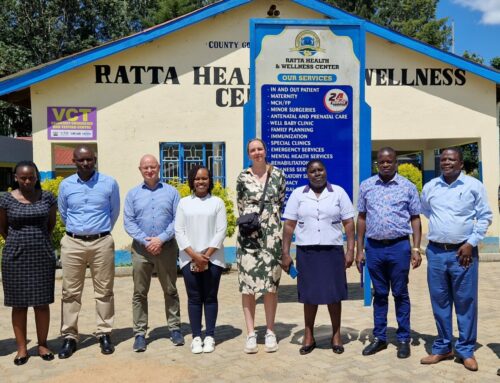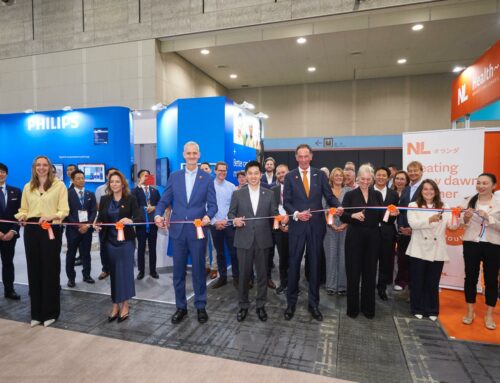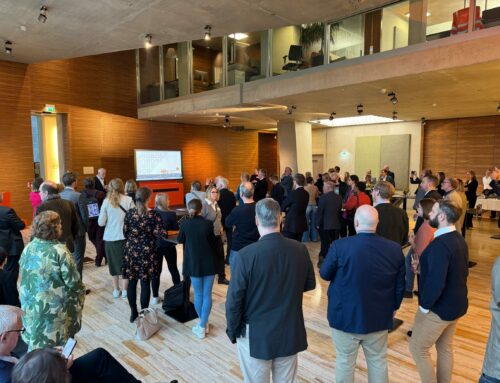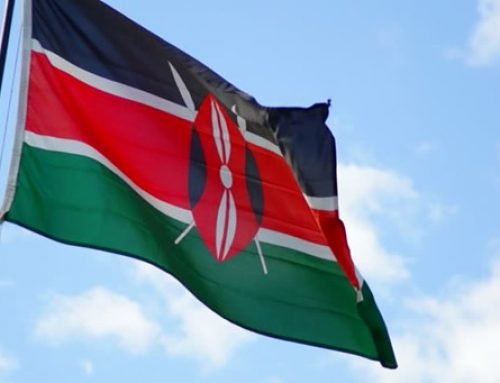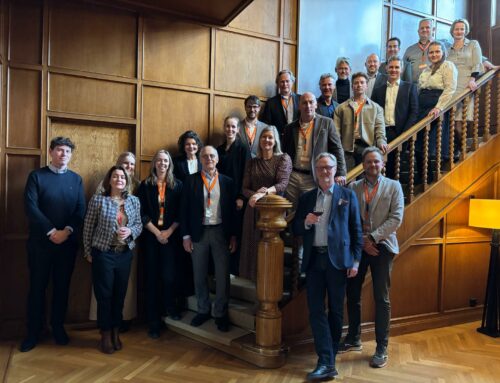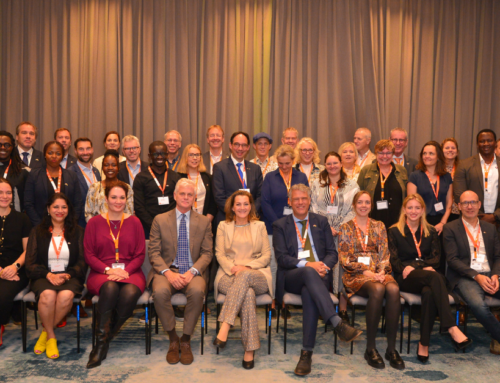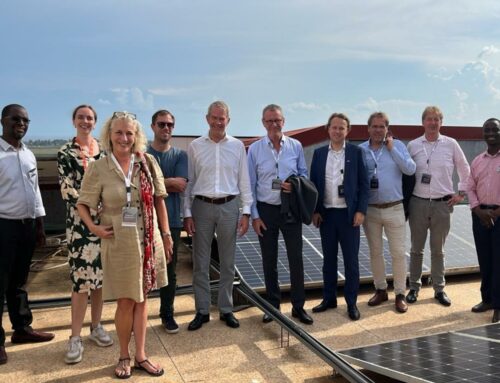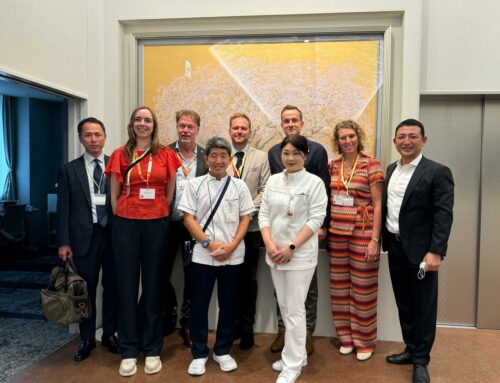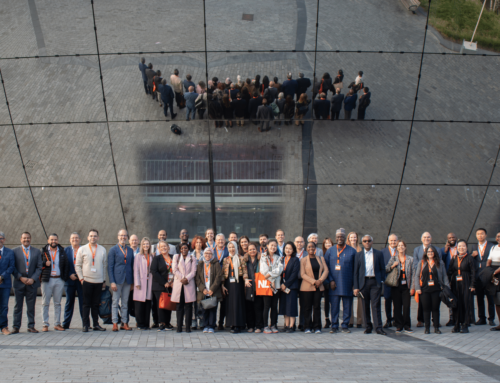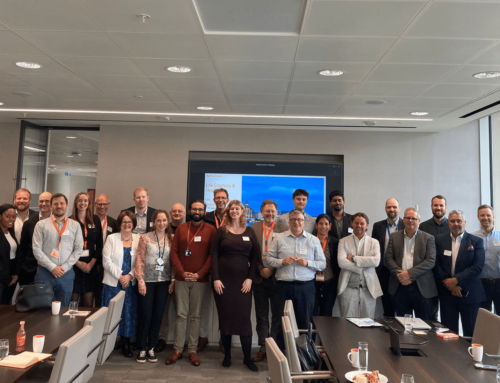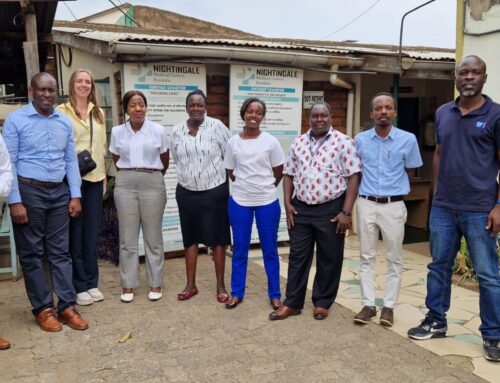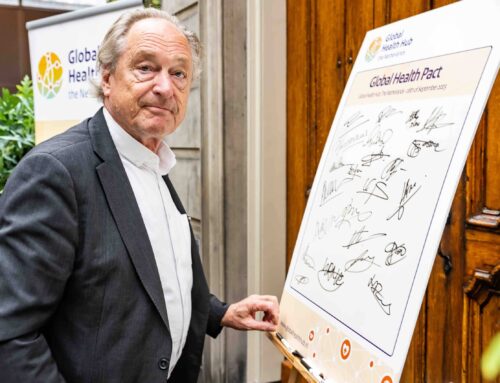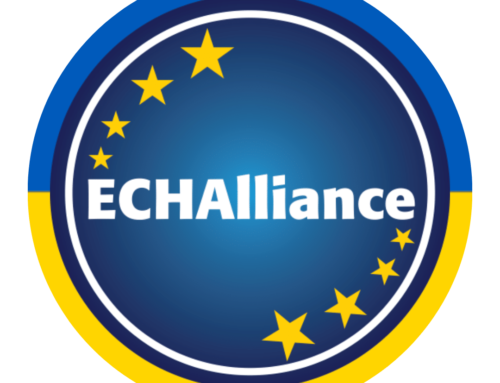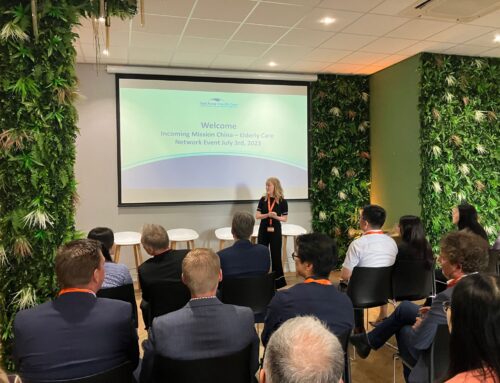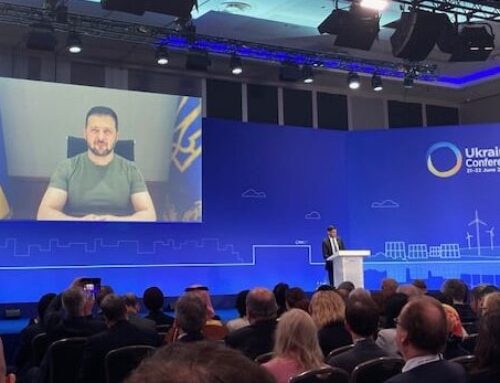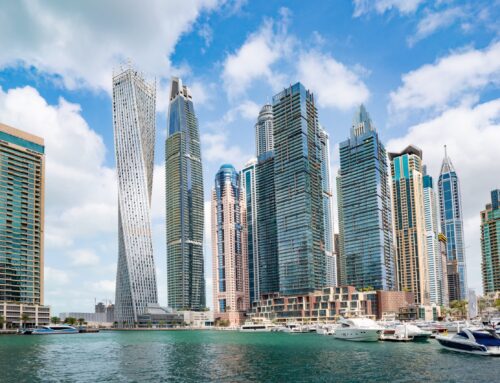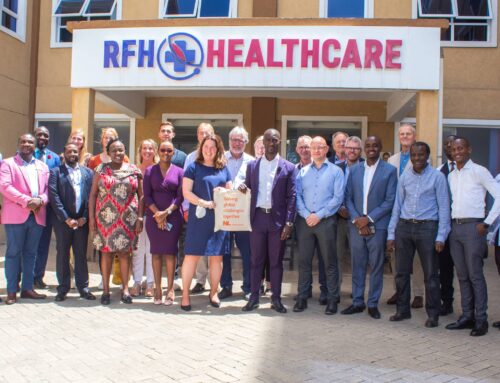TFHC organised an incoming visit for a delegation of 14 Brazilian healthcare organisations. The South American delegation was welcomed by Director General Curative Bas van den Dungen Claudio Terra [Director of Innovation and Knowledge Management] of the Albert Einstein Hospital in Sao Paolo was given the honour to represent the organising team and summarise their experience in The Netherlands. The healthcare system in Holland is definitely at a superior level than the one you find here in Sao Paulo and far superior if you think of Brazil as a whole. However, although the differences between the top scientific programs and leading high-complexity hospitals are relevant, they are particularly striking when you look at the bottom of the pyramid, says Claudio Terra. In the Netherlands, all citizens, regardless of income, social position or authority, have access to the same level of care from the beginning of life to the respectful end of life. Although there are still many challenges to come Claudio Terra emphasises: A few challenges are shared, like how to curb the continuous growth of healthcare expenditures as a percentage of the GDP and how to prepare for the fast ageing of the population. However, the current situation is of The Netherlands already really impressive. On the first morning of their visit, a demonstration of state of the art Mobile Imaging & Diagnostics Solution was hosted by TFHC Partner Lamboo Mobile Medical in Zoetermeer. A global company specialised in the engineering and manufacturing of Mobile and Modular healthcare solutions. In the afternoon the delegation of Brazilian health professionals enjoyed a private hospital tour at the Erasmus University Medical Centre hosted by TFHC Partner Dutch Health Architects. On Wednesday, field visits – from research to innovation and new concepts of delivery of healthcare – were providing the central theme of the day. A particular difference was noticed by the delegation concerning the role of the government in the healthcare sector. As Claudio Terra mentions is his speech: Equality of access does not necessarily mean Big Government or that services need to be provided by the State. It seems that Holland has managed to organise a very interesting system where most services are provided by private institutions, often not-for-profit, some companies and many small clinics run by groups of doctors and other healthcare professionals. The government seems to have a more active role in terms of defining the rules of the game, fostering strategic studies, research and long-term plans and making sure that the system is efficient, equitable and affordable. As a result it was agreed that a better healthcare system is not necessarily one with more doctors. Interesting enough, Holland has 23.000 doctors compared to almost 400.000 doctors in Brazil. Almost twice as many doctors per capita than Holland. It speaks volumes about organisation, efficiency and a more intense focus on health rather than sickness. Science, research and innovation in healthcare also occupied an important part of the scheduled visits. Numerous institutions were visited, such as Antoni van Leeuwenhoek (Netherlands Cancer Institute), Nutricia Test labs (Cancer Care & Advanced Medical Nutrition) and Radboud University Medical Centre (Medical Innovation and Technology expert Center – MITeC). In addition, on the last day a morning programme was provided at UMC Groningen followed by a visit to the Alzheimer Village in Hogewey. Claudio Terra beautifully summarised these activities with three keywords – Participation and Collaboration and Entrepreneurship: First, about Participation: For many people, science, research and innovation should be reserved for the elite, for the connoisseurs or even for those with advanced degrees. What we saw in some presentations in Holland made us think twice about this assumption: often times the voice and why not the knowledge and experience of patients, citizens and technicians were also highly valued in many instances of the planning and practice of science, research and innovation. The National Research Agenda, for instance, used a very wide participatory, almost crowdsourcing method, for defining priorities. In that respect, as someone there said : Relevance is more important than quality in selecting and supporting research projects. This can only be true if you are more concerned with the patients than with the scientists. Secondly, regarding Collaboration: Almost every time someone made a presentation about science, research or innovation, it was stressed how much collaboration was needed, supported and incentivised. First people highlighted collaboration across disciplines, then about institutions in Holland, in Europe and worldwide. We were glad to hear about many collaborations with leading Brazilian universities and hospitals already. The setup in many universities also highlighted how the academic world is welcoming and supporting open innovation opportunities with researchers, entrepreneurs, small companies, venture capital and also the global pharma and medical equipment industry. The government role seems to be more supportive than leading and that to us seems like a good role to be played. Finally, the observation of a strong link between healthcare and Entrepreneurship: We had the opportunity to see some very interesting presentations of start-ups, some with global ambitions and sophisticated technologies. And the leading universities and research centres supporting entrepreneurs with space, funding, talent and mentoring. Very sophisticated advances in genomics, neuroscience, cancer treatments, labs on a chip, artificial kidneys or machines to simulate the digestive systems and many other advances could also be highlighted.
[Min. Health, Welfare & Sport]. The kick off incorporated a seminar covering the theme: Dutch Health System & Integrated approaches. Throughout the week approximately 30 different Dutch healthcare organisations received the Brazilian delegation.


